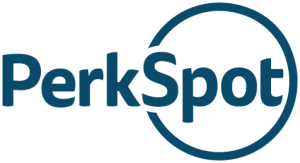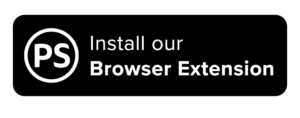
A unique calendar alignment has occurred this year that only takes place approximately every 33 years. Easter, Passover, and Ramadan have overlapped, bringing a convergence of reflections for these communities. To recognize this, the PerkSpot team came together to discuss. The focus was around how faith & spirituality influences who we are and how we work. Our conversations included personal stories and breakout sessions. Both designed to unlock conversation on a topic that is often ignored or overlooked in our workplaces.
Diversity, Equity, and Inclusion
Discussing faith and spirituality can be a daunting and sensitive topic. Our beliefs are a core part of our identity and employees feeling excluded or unrecognized can be detrimental. Faith & spirituality, whether observed or not, is often highly influential in informing who we are, the choices we make, the way we interact, our aspirations, and our values. When considering DEI efforts, we think you should find opportunities to affirm the important role that faith plays in how your employees contribute in the workplace.
Recognize Your Employees Beliefs
It’s important to recognize and offer time away to practice each individual’s traditions and practices. Offering an open vacation policy or flexible scheduling allows employees to take the time to fully immerse in their practices.
Nadir Mian, Graphic Designer at PerkSpot, shared, “At companies with a designated limit to PTO, some people have to use their vacation for their religious holidays whereas others have time off for their religious holidays built into their schedule. Although accommodating for every religious holiday may not be feasible, extra days on top of the allotted PTO time should be available to those who witness religious holidays that don’t fall under the traditional corporate holiday schedule.”
Another way to recognize your employees is by holding company-wide events or smaller breakout groups. It allows the opportunity to reflect, discuss, and participate in sharing personal stories when comfortable. We don’t advocate discussions that compare or contrast belief systems. But rather, allow employees to share how faith has influenced who they are, their life experiences, and what’s important to them.
We encourage you to use this unique overlap of traditions as a reminder to recognize your employees’ differences in beliefs. Offer a safe, open working space that allows for exploration and recognition.



